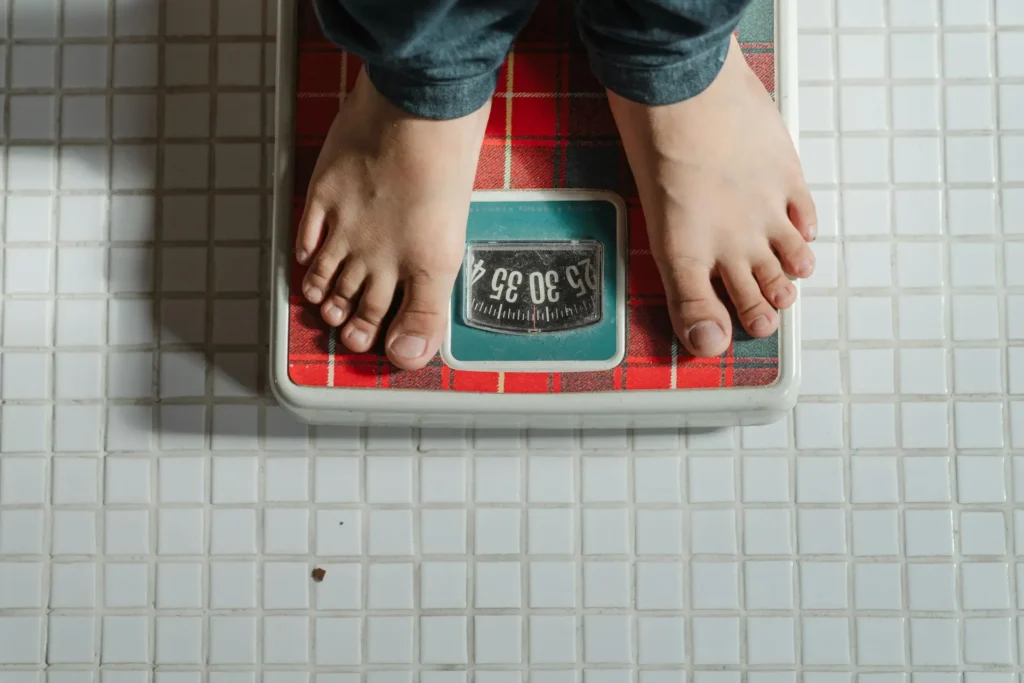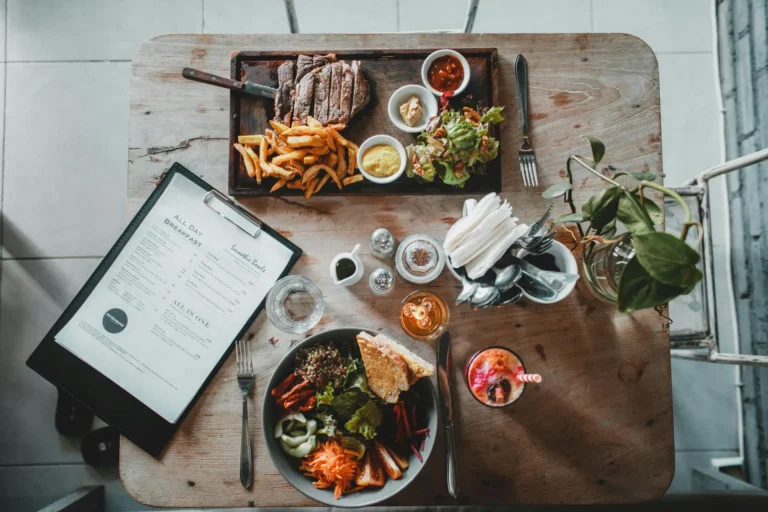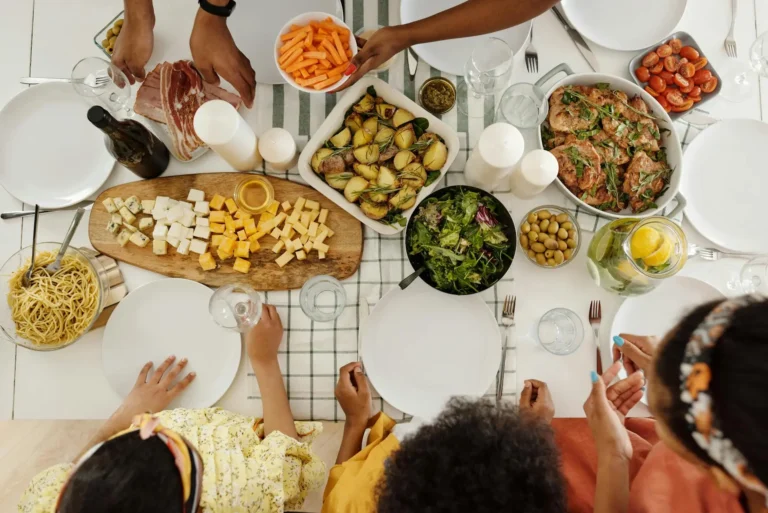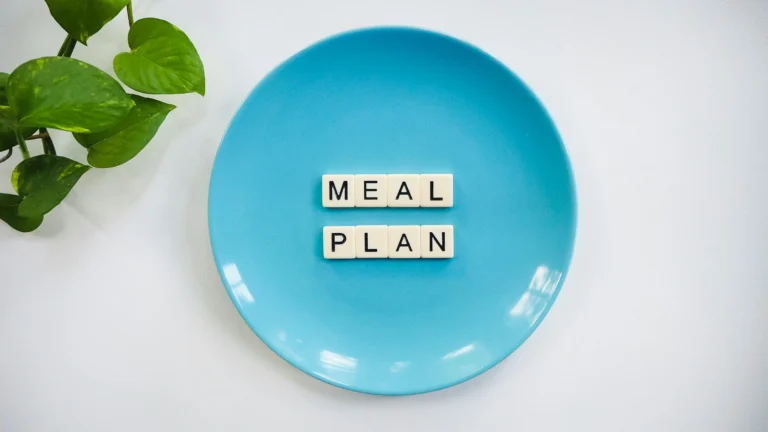Meal Planning for Weight Loss: Strategies to Reach Your Goals
Cutting calories might do the trick; but weight loss is not just about that, it is also about creating a sustainable and balanced eating plan for your health and fitness. Meal planning is important in this process as it lets you have the right direction for your meals. Here we will explore effective meal planning strategies for those wishing to lose weight. The book has everything including how to set goals properly, selecting nutrient-dense foods, preparing meals ahead of time, or tracking progress towards our weight loss objectives.
Importance of Meal Planning in Weight Loss
Meal planning is an organized way of eating that can lead to better food choices, less wastage of food, and more adherence to losing weight. One can manage portion sizes through meal planning by choosing healthy ingredients while avoiding arbitrary eating. It additionally saves time and provides financial gains which allow individuals to concentrate on other aspects of their journey towards losing excessive pounds.

Set Achievable Weight Loss Goals
Realistic weight loss goals must be defined before starting any meal plan. They must be time-bound, relevant, quantifiable, attainable, and specific (SMART). Here are tips on setting good weight loss goals:
- Define your goal succinctly. Instead of I want to lose weight, specify how much weight you want to lose and by when.
- Make it measurable: Ensure that your goals have metrics. For instance, “I would like to shed 10 pounds over three months.”
- Let It Be Attainable: Set goals that are difficult but not impossible to achieve. One should aim to lose one to two pounds in a week because this is possible for most people.
- Ensure it is relevant: Make sure the goals tie into wider health and wellness issues.
- Have a deadline (time-bound) for meeting these objectives to keep focus and motivation.
Selecting Nutrient-Rich Foods
In selecting food for diet programs, the principal guiding factor is nutrient-richness. These foods on the other hand besides having essential minerals vitamins and all other nutrients you require shall help in filling up your stomach as well as satisfaction while eating hence avoiding gaining more calories. Some key components include:

- Lean Proteins: Such sources involve poultry, fish, tofu as well as legumes along with others like soybeans. With their ability to build muscle mass and make you satisfied over an extended period; proteins are essential in any kind of meal.
- Whole Grains: Therefore they stand out by providing long-lasting energy supply and fiber within them such as oatmeal, quinoa, and brown rice among many other examples which are good examples
- Fruits And Vegetables: They should however be brightly colored so that a wide range of nutrients may be obtained from them.
- Healthy Fats: Incorporate sources like avocadoes, nuts (e.g. walnuts), and seeds (e.g. chia seeds) together with olive oil. These fats occur naturally and they can contribute towards maintaining high blood pressure as well as reducing hunger feelings in someone’s body.
Planning Balanced Meals
A balanced meal plan involves a correct blend of macronutrients (carbs, proteins, and fats) and micronutrients(vitamins and minerals). Here is how one can make balanced meals that lead to weight loss:
- Breakfast: Start with lots of protein such as eggs and Greek yogurt. Combine these with whole grains and fruits. This combination ensures you feel full for a long time.
- Lunch: They have various types of vegetables, lean protein, and whole grains. A salad made from grilled chicken or tofu and quinoa is one example.
- Dinner: Emphasis should be on lean proteins plus many vegetables. Therefore, consider making stir fry mixed with vegetable slices alongside shrimp served alongside brown rice.
- Snacks: It would be better to choose healthy snacks rich in both fiber and protein. For instance, eat a small number of nuts, or baby carrots together with hummus, or even a piece of fruit that is covered with nut butter.
Preparing Meals in Advance
Meal planning for weight loss cannot take place without preparing meals in advance which is known as meal prepping. This means making the meal itself, or cooking parts of it ahead so that you don’t turn to unhealthy food whenever you are short on time. Look at some meal-prepping strategies:
- Batch Cooking: Set aside ready-to-eat foodstuffs to place them into single containers. This is a good technique when it comes to soups, stews, and casseroles.
- Prepping Ingredients: Wash, slice, and portion vegetables, fruits plus proteins in advance. This makes it easier to put together meals during the week.
- Freezing Meals: Make freezer-friendly meals that can be warmed up quickly. It is most convenient when you have busy weeks that do not allow you to cook from scratch.
Tracking Progress and Making Adjustments
Keeping track of your progress is important in making sure that you are on track with your weight loss goals. There are multiple ways to finish this:
- Food Journaling: Keep a food diary that documents what you have eaten and how much of each type of food you ate. This helps maintain accountability and find areas for improvement.
- Using Apps: Various apps are available on mobile devices that help monitor diet, exercise, or weight reduction programs. MyFitnessPal or Lose It? These are among the commonly used ones.
- Regular Weigh-Ins: Weigh yourself often but don’t make it an obsession. Once every seven days can help record changes without becoming scale-oriented.
- Adjusting Your Plan: If you’re not getting the desired results then try altering your meal plan by adjusting portion sizes adding more exercises or even reducing some foods.
Staying Motivated Throughout Your Process of Losing Weight
Remaining motivated is essential to achieving long-term success in weight loss. Here are some pointers to assist you in staying on course.
- Find a system of support: This will comprise friends, family, or even a weight-loss group that can offer you the support and accountability you need.
- Celebrate milestones: Celebrate your successes as they occur. Whether it means dropping several pounds or achieving a fitness goal, recognizing progress ensures that motivation doesn’t flag.
- Be adaptable: Go for a meal plan that gives room for unplanned events. There’s no need to let one bad day ruin your week; just get back on track as soon as possible.
Realistic goals should be set when making meal plans to promote weight loss. Assemble balanced meals by selecting foods rich in nutrients before time thus, creating a sustainable eating plan that supports your journey. Remembering how far you have come, what makes us want to keep going? Keep going until we reach them. Keep going and make adjustments when necessary. Through commitment and consistency, these objectives are achievable while leading a healthy lifestyle.







